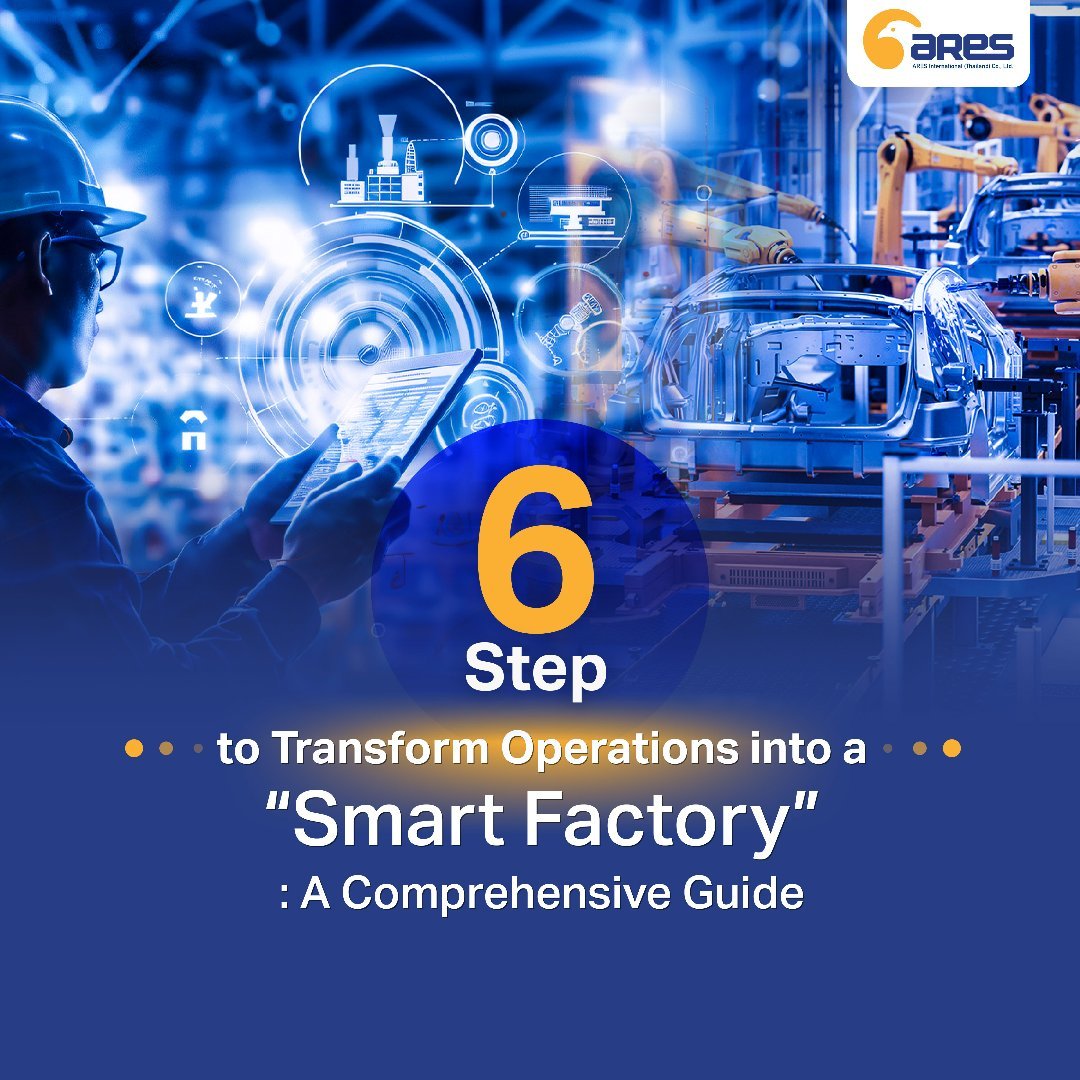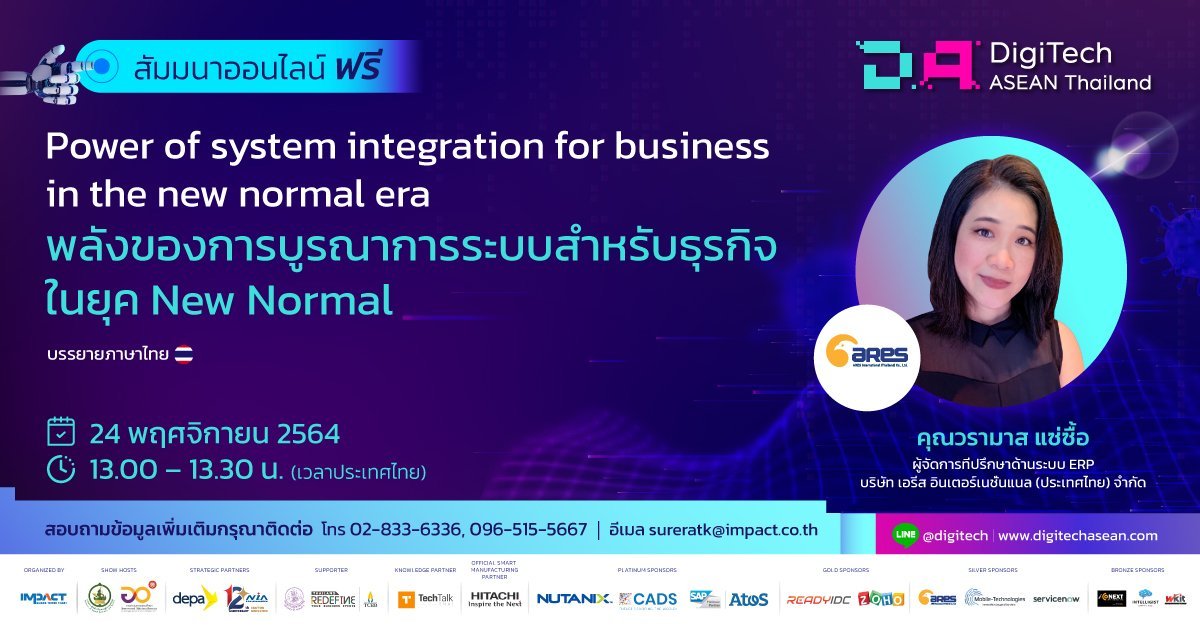Unlocking the Strategy: How to Choose the Right ERP Solutions for Your Business
In today's rapidly evolving business landscape, effective organizational management involves more than just hiring competent personnel. Businesses must also leverage technological tools that support systematic operations and enhance efficiency across all levels. As workflows become increasingly complex and dynamic, many organizations face challenges such as fragmented data, operational redundancies, and the lack of real-time information.
Implementing a comprehensive ERP (Enterprise Resource Planning) solution has thus become a cornerstone for businesses seeking operational integration, streamlined processes, and data-driven decision-making. A well-implemented ERP system consolidates and connects data across departments, enabling organizations to reduce complexity, increase accuracy, and gain a competitive edge in the long term.

Understanding ERP Solutions
ERP Solutions are integrated systems designed to manage a company’s core processes—ranging from production, finance, procurement, and inventory management to human resources. By consolidating data from various departments into a unified platform, ERP systems facilitate seamless collaboration and end-to-end visibility.
Unlike generic software tools, ERP software plays a critical role in enhancing operational efficiency and strategic planning. From pre-production forecasting to enterprise-wide resource allocation, ERP systems—particularly in manufacturing—enable organizations to operate with precision and agility.
Additionally, ERP software significantly reduces manual workloads. For instance, without ERP, a sales team might spend up to two days compiling data across departments. With ERP, that same task can be completed within an hour through centralized access to real-time information.
Need expert ERP consultation? Contact our specialists at: https://aresth.co.th/contactus
The Benefits of Implementing ERP Solutions
Integrating an ERP system into your organization delivers measurable benefits across multiple dimensions:
1. Enhanced Operational Efficiency
ERP automates and optimizes routine workflows, minimizes manual errors, and accelerates complex processes—allowing employees to focus on value-added tasks.
2. Cost Reduction and Profit Maximization
Through better planning and real-time insights, ERP helps reduce waste, prevent overstocking, and streamline procurement—ultimately lowering operational costs and increasing sustainable profitability.
3. Data-Driven Decision-Making
ERP dashboards provide real-time analytics, giving executives instant access to financial, sales, inventory, and HR data. This enables faster, more informed decision-making aligned with changing business conditions.
4. Improved Customer Satisfaction
When issues such as product claims arise, ERP systems allow teams to trace production history instantly, respond to inquiries promptly, and improve product quality using actionable insights.

Assessing Business Needs Before Choosing ERP
To ensure the ERP solution aligns precisely with your business requirements, conduct a comprehensive internal analysis based on the following criteria:
-
Business Nature and Model
- Identify your industry (e.g., manufacturing, retail, services).
- Define your business model (B2B, B2C, D2C, etc.).
- Consider operational complexity and inter-departmental workflows.
- Current Challenges
- Are you dealing with data redundancy or isolated systems?
- Is reporting time-consuming due to non-real-time or Excel-based data?
- Are cross-functional operations inefficient due to disconnected information?
- Future Business Goals
- Determine desired efficiency improvements.
- Define targets for data consolidation and cost control.
- Assess potential for local or international expansion.
- Evaluation of Existing Systems
- List all current software and identify performance gaps.
- Assess integration capabilities with new systems.
- Budget and Resources
- Outline the number of licenses required.
- Choose between On-Premise, Cloud, or Hybrid solutions.
- Allocate funds for implementation, training, long-term support, and contingency (typically 10–20%).
- Employee Readiness
- Communicate upcoming changes clearly.
- Involve employees in ERP selection and design stages.
- Plan training to ensure smooth adoption and usage.
Key Criteria for Selecting an ERP Solution
To make an informed ERP selection, organizations should prioritize the following:
-
Scalability and Flexibility
Ensure the system supports increasing users, data volume, and future functionalities. -
System Integration
ERP should integrate seamlessly with existing software to minimize redundancy and promote continuity. -
Return on Investment (ROI)
Evaluate both upfront and long-term costs, including implementation, training, maintenance, and the anticipated business impact. -
Multilingual and Multi-functional Capabilities
Critical for multinational organizations with diverse workforces. -
User-Friendly Interface
Systems should be intuitive to minimize training time and maximize user engagement. -
Data Security
Ensure robust protection for sensitive business data—financial, customer, and operational. -
Regular Updates and Technological Compatibility
The ERP should evolve with external and internal business demands.
Critical Pitfalls to Avoid
When selecting an ERP solution, beware of common missteps:
-
Choosing an Incompatible System
Leads to underutilization, inefficiency, and wasted investment. -
Integration Failures
Poor compatibility with legacy systems may disrupt data flow and process continuity. -
Hidden Costs
Consider ongoing expenses such as training, consulting, and system updates. -
Lack of Employee Training
Without proper onboarding, employees may misuse or underuse the ERP system, resulting in inefficiencies.
Embrace digital transformation with ARES. Click
Argo ERP: Case Studies
ARES is a trusted provider of Argo ERP, offering tailored solutions across industries. Here are a few real-world examples:
-
Manufacturing
-
PERFECTRON implemented Argo ERP to increase operational efficiency and accelerate production cycles.
-
-
Import–Export
-
SUN-OPTO TECHNOLOGY CORP integrated Argo ERP to unify systems, reduce labor costs, and enhance accounting accuracy.
-
SVOA adopted Argo ERP for cost calculation, depreciation management, and complex process integration.
-
-
Service
-
Taiwan Knowledge Base utilized ERP to cut overtime expenses and simplify tax calculations.
-
AR Group consolidated data across multiple subsidiaries, enhancing transparency and overall performance.
-
-
Retail
-
ORBIS TAIWAN used Argo ERP to synchronize data across retail stores, warehouses, and online platforms for precise inventory management.
-
IT City deployed Argo ERP to access real-time sales data from multiple locations, improving financial transparency and reducing errors.
-

Conclusion: Empower Your Organization with ERP
ERP Solutions are more than just software—they’re strategic tools that drive operational excellence and long-term business growth. Especially in an era of digital transformation, an efficient ERP system is essential for optimizing workflows, enabling real-time insights, and maintaining competitive agility.
At ARES, we are committed to helping businesses transform through Argo ERP. Our full-service approach includes business analysis, system planning, user training, and source code access for IT customization—ensuring your organization stays ahead in a data-driven world.
Contact us
For a demo, please contact us at Contact Us or for further inquiries:
Phone: 0633253640 or 02-6863000 ext. 3042
Email: support@aresth.co.th




